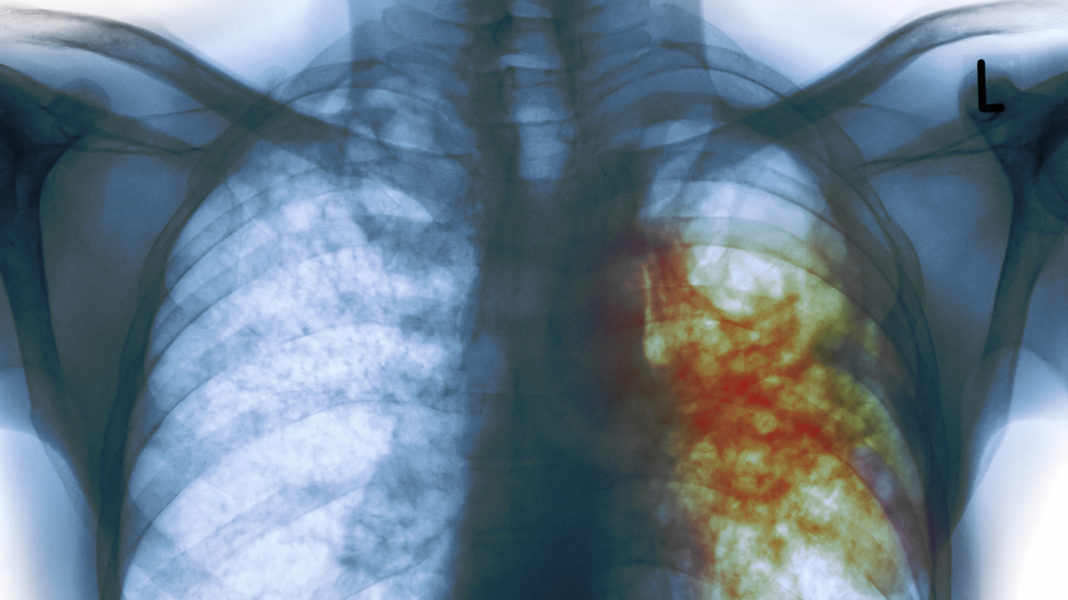Neurobiology is a vast subject that covers many different areas. One area that is covered as part of this subject is how electrical signals flow through the various brain circuits and give rise to action, learning, memories, perception, and though along the way. A paper recently published by Linda Overstreet-Wadiche, Ph.D., and Jacques Wadiche, Ph.D., associate professors in the University of Alabama at Birmingham Department of Neurobiology explains their contributions into researching the dentate gyrus of the hippocampus.
The dentate gyrus is a part of the brain that helps form memories and also where new neurons are constantly formed in adults. When the neurons are made, they also form synapses to get wired into the brain. Electrical signals are sent from the entorhinal cortex to the part of the circuit where the dentate granule cells are found. By using the sensory and spatial information they receive, the dentate gyrus can generate a unique memory.
Overstreet-Wadiche’s research was based on one question: While the number of neurons in the dentate gyrus increases by neurogenesis and the number of neurons in the cortex remains stable, are additional synapses being created from the cortical neurons to the new granule cells? Or, are there some cortical neurons that transfer their connections from old to new granule cells? After extensive research, the team decided the answer was the latter: some of the cortical neurons transferred their connections from old to new granule cells.
“Over the last ten years, there has been evidence supporting a redistribution of synapses between old and new neurons, possibly by a competitive process that the new cells tend to ‘win.’ Our findings are significant because they directly demonstrate that, for new cells to win connections, the old cells lose connections. So, the process of adult neurogenesis not only adds new cells to the network, it promotes plasticity of the existing network.”
Overstreet-Wadiche also added, “It will be interesting to explore how neurogenesis-induced plasticity contributes to the function of this brain region. Neurogenesis is typically associated with the improved acquisition of new information, but some studies have also suggested that neurogenesis promotes ‘forgetting’ of existing memories.
More News To Read
- Wearables Taken to a New Level as MIT Researchers Create Ingestible Battery
- Peter Lewis’ World of Quantum Mechanics
- Would a Black Hole Annihilate Us If It Suddenly Appeared in Our Solar System?
- Will the Discovery of Time Crystals Change Our Perception of the Space-Time Continuum?
- Will China be the First to Have a Workforce Dominated by Robots?











